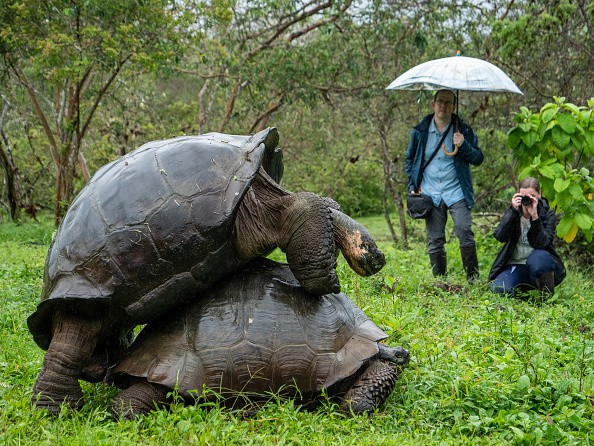We usually make assumptions that inbreeding is not good and should be avoided at all costs. But new research carried out by scientists at Stockholm University, released in Nature Ecology and Evolution, reveals that when it comes to animals, things could go very different.

Experimental Studies
The belief that animals should stop mating with their relative has been the beginning of hundreds of scientific studies carried out among diverse species. But the picture turns out to be more complex.
Researcher in zoology at Stockholm University, Raïssa de Boer, said: "People make the assumption that animals should refrain from mating with a relative when they have the chance, but the evolutionary theory has been letting us know that animals should tolerate, or even choose, copulating with relatives under a vast range of conditions for over four decades."
The study contributes a synthesis of 139 experimental studies in 88 species extending the research of 40 years, resolving the long-lasting discussion between empirical and theoretical expectations concerning if and when animals should keep away from inbreeding.
Raïssa de Boer says they address the 'elephant in the space' of inbreeding evasion studies by inverting the widespread supposition that animals will stay away from inbreeding whenever possible.
Avoidance of Inbreeding
The study shows that animals hardly try to avoid mating with relatives, a discovery that was regular across a broad range of conditions and experimental strategies. A researcher at Stockholm University and also an author of the paper, Regina Vega Trejo, said:
"Animals don't appear to mind if their future partner is a sister, cousin, brother, or an individual that is unrelated when they are selecting who to copulate with."
The study was also about inbreeding avoidance in humans, making a comparison of the outcomes with similar experiments with animals. Raïssa de Boer says they compared studies that questioned if humans prevent inbreeding when they are been shown photos of faces that were manipulated digitally to change the face so it will look either more or less related to studies that made use of the same approaches in other animals.

Cognitive and Ecologically Factors
It became known that there is no proof that humans choose to avoid inbreeding. John Fitzpatrick, an associate professor in Zoology at Stockholm University and also the senior author of the study says the discoveries help in explaining why most studies weren't successful in finding clear support for the avoidance of inbreeding and offer an important roadmap to get a better knowledge of how cognitive and ecologically relevant factors shape the avoidance strategies of inbreeding in animals.
The discoveries will have broad-reaching implications for conservation biology. Choice of mate is increasingly used in conservation breeding programs in an attempt to the conservation effort success for endangered species. What is the meaning of this? John Fitzpatrick said:
"A major goal of conservation efforts is to maintain genetic variation, and mate choice is generally anticipated to attain this goal. Our discoveries encourage caution in the application of mate choice in conservation programs."
Related Article : Weird Science: Male Parasite Stabs Female With Penis To Mate [Watch]
For more news, updates about animal mating and similar topics don't forget tro follow Nature World News!
© 2025 NatureWorldNews.com All rights reserved. Do not reproduce without permission.





